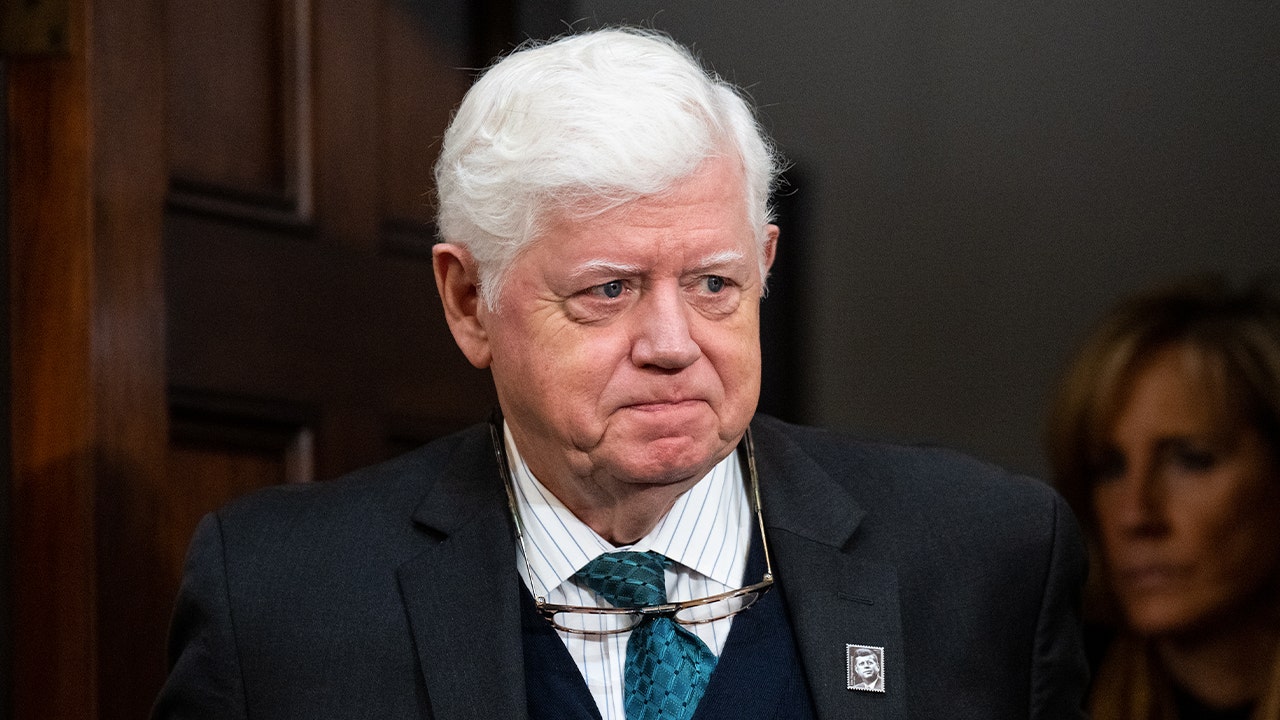By Alexander Villegas and Rodrigo Campos
SANTIAGO (Reuters) – After more than five years of political upheaval that threatened to polarize Chilean society, voters in Latin America’s fifth-largest economy are shifting back to their traditional moderate conservatism, according to recent polls and political analysts.
The shift has helped lift the Chilean stock market to record highs and comes ahead of a presidential election in November, in which centre-right candidate Evelyn Matthei is currently the front-runner.
Analysts point to leftist President Gabriel Boric’s moderate reform of the country’s private pension system last month as a sign Chile is embracing compromise and able to pass business-friendly legislation, after several years in which a divided congress halted the president’s agenda.
“Everyone who signed on to this agreement had to give something up,” Boric said in a televised address after the reform passed.
Boric vowed to eliminate private pension fund managers during his candidacy in 2021, but the deal his Broad Front lawmakers reached with Chile’s communist and center-right parties on January 29 focused on private savings over a public system.
“It’s a compromise more than a defeat for Boric, but the government had to compromise so much it means that Chile might be returning to more center or center-right policies,” said Armando Armenta, senior economist at asset manager AllianceBernstein, which has exposure to Chilean government and corporate assets.
Chile’s IPSA stock market surged on news of the deal, hitting record highs for three consecutive days on expectations that increased savings would increase bank liquidity and help finance the country’s long-term debt. The IPSA has climbed about 20% from a year ago.
JPMorgan estimates Chile’s pension savings totalled $186.4 billion in December 2024 and the new law could generate an additional $5 billion per year once fully implemented.
AllianceBernstein’s Armenta said while the pension reform was less significant for the Chilean currency or bond market, it sent an interesting signal about Chile’s political equilibrium.
In a further boost to government finances, credit rating agency S&P Global upgraded its outlook on Chilean sovereign debt to stable from negative in October, citing the improved political climate, a “commitment to fiscal consolidation” and an ability to reach consensus on issues including reforms to the tax system and mining royalties.
Chile is the world’s top copper producer and second-largest producer of lithium. Mining accounts for nearly 14% of the country’s GDP.
Moderate conservatism defined Chilean politics for years after the country’s return to democracy in 1990. That shattered in 2019 when widespread protests against inequality sparked Boric’s rise to power and a government promise to rewrite the constitution, which was drafted in 1980 during Augusto Pinochet’s dictatorship.
But voters rejected rewrites from both left- and right-leaning legislatures in two separate referendums in 2022 and 2023, leaving the existing constitution in place.
“Chile recently passed through a very traumatic period where society became very polarized,” said Cristobal Bellolio, a political analyst and associate professor at the University of Adolfo Ibanez in Santiago, noting the two votes were within 13 months of each other.
The referendum results, strong public support for pension reform and the success of traditional conservatives over far-right parties in municipal elections in October are all signs of a moderating electorate, Bellolio said.
PRESIDENTIAL FRONTRUNNER MATTHEI
Chile’s presidential primaries are scheduled for June 28 while the election kicks off on November 16. If no candidate reaches a majority, a second round of voting will take place on December 14.
Concerns about high crime rates, which have become the defining issue of Boric’s presidency, are expected to dominate the vote.
Consecutive re-election is not allowed in Chile so Boric, whose approval rating turned negative almost immediately after he took office in 2022, will not run. Former center-left President Michelle Bachelet is the top-polled left-wing choice among voters, despite not having officially declared she will run.
“Crime is the first worry on people’s mind today, not social problems,” said Claudia Heiss, a political scientist at the University of Chile, adding security concerns typically favor far-right parties.
However, Heiss says Chileans, particularly women, may be reluctant to vote for the far-right after having gotten a taste of their “very anti-feminist, anti-woman discourse” during the last constitutional rewrite, including proposals to eliminate the ministry of women and end subsidies to single mothers.
Voters show early signs of rallying behind Matthei, an experienced conservative politician from a traditional right-wing party, Independent Democratic Union, and a minister under former President Sebastian Pinera. Matthei is not conducting interviews, her representatives told Reuters.
A February survey by pollster Pulso Ciudadano showed Matthei leading with 31% of the vote and far-right politician Jose Antonio Kast, from the Republican Party, in second with 18%. Kast lost the previous election to Boric and was the figurehead for the second constitutional rewrite.
Karen Cruz, 25, an accountant from Vina del Mar, said she previously voted for Kast but is now backing Matthei because she sees her as a more effective leader with a strong track record.
“She can neutralize the waters that are very turbulent in Chile, both on the left and on the right. Evelyn Matthei can be the center and reach agreements with both extremes,” Cruz said.
Pulso Ciudadano said voters favor Matthei to handle nearly everything from crime and drug trafficking to the economy and education, only favoring Kast on immigration and Bachelet on health.
Johannes Kaiser, another politician considered more right-wing than Kast, has also been gaining popularity, and University of Adolfo Ibanez’s Bellolio said the far-right could still do well in the election.
“I’d say Chile isn’t out of the storm yet,” Bellolio said.
(Reporting by Alexander Villegas in Santiago; Rodrigo Campos in New York; additional reporting by Rodrigo Garrido in Valparaiso; Editing by Nia Williams)













